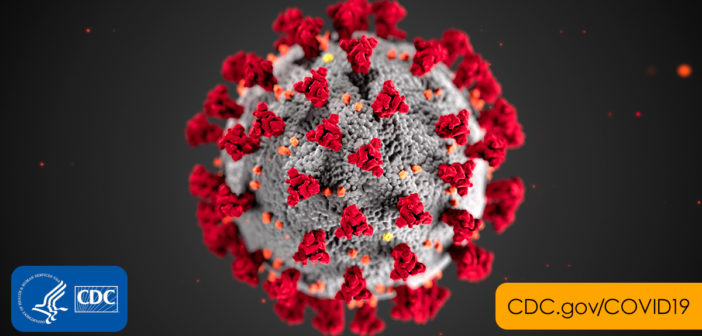ACTION Fraud have issued a warning in Warrington following an increase in Coronavirus-related frauds.
The National Fraud Intelligence Bureau (NFIB) has reported a new trend in fraud related to Coronavirus, or COVID-19.
Updated figures show there have been 105 reports to Action Fraud since February 1 with total losses reaching nearly £970,000.
The majority of reports are related to online shopping scams where people have ordered protective face masks, hand sanitiser, and other products, which have never arrived.
Other frauds being reported include ticket fraud, romance fraud, charity fraud and lender loan fraud.
Action Fraud have received more than 200 reports of coronavirus-themed phishing emails. These attempt to trick people into opening malicious attachments which could lead to fraudsters stealing people’s personal information, email logins and passwords, and banking details.
Some of the tactics being used in phishing emails include:
• Fraudsters purporting to be from a research group that mimic the Centre for Disease Control and Prevention (CDC) and World Health Organisation (WHO).
• Fraudsters providing articles about the virus outbreak with a link to a fake company website where victims are encouraged to click to subscribe to a daily newsletter for further updates.
• Fraudsters sending investment scheme and trading advice encouraging people to take advantage of the coronavirus downturn.
• Fraudsters purporting to be from HMRC offering a tax refund and directing victims to a fake website to harvest their personal and financial details. The emails often display the HMRC logo making it look reasonably genuine and convincing.
Graeme Biggar, Director General of the National Economic Crime Centre, said:
“We have already seen fraudsters using the COVID-19 pandemic to scam people looking to buy medical supplies online, sending emails offering fake medical support and targeting people who may be vulnerable or increasingly isolated at home.
“These frauds try to lure you in with offers that look too good to be true, such as high return investments and ‘healthcare opportunities’, or appeals for you to support those who are ill or bogus charities.
“The advice is simple, think very carefully before you hand over your money, and don’t give out your personal details unless you are sure who you are dealing with.”
For more information on how to shop online safely, please visit: https://www.actionfraud.police.uk/shoponlinesafely
Warning over Coronavirus-related frauds
00 Comments
Share.




